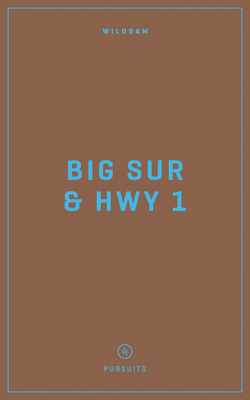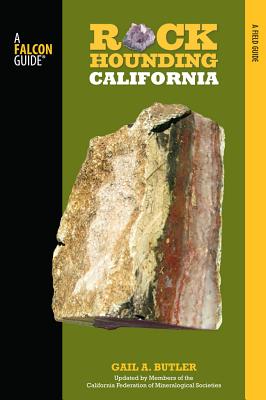
Bowman, Timothy Paul
product information
description
7During the spring semester of 1975, Wayne Woodward, a popular young English teacher at La Plata Junior High School in Hereford, Texas, was unceremoniously fired. His offense? Founding a local chapter of the American Civil Liberties Union (ACLU). Believing he had been unjustly targeted, Woodward sued the school district. You Will Never Be One of Us chronicles the circumstances surrounding Woodward's dismissal and the ensuing legal battle. Revealing a uniquely regional aspect of the cultural upheaval of the 1970s, the case offers rare insight into the beginnings of the rural-urban, local-national divide that continues to roil American politics. By 1975 Hereford, a quiet farming town in the Texas Panhandle, had become "majority minority," and Woodward's students were mostly the children of Mexican and Mexican American workers at local agribusinesses. Most townspeople viewed the ACLU as they did Woodward's long hair and politics: as threatening a radical liberal takeover--and a reckoning for the town's white power structure. Locals were presented with a choice: either support school officials who sought to rid themselves of a liberal troublemaker, or side with an idealistic young man whose constitutional rights might have been violated. In Timothy Bowman's deft telling, Woodward's story exposes the sources and depths of rural America's political culture during the latter half of the twentieth century and the lengths to which small-town conservatives would go to defend it. In defining a distinctive rural, middle-American "Panhandle conservatism," You Will Never Be One of Us extends the study of the conservative movement beyond the suburbs of the Sunbelt and expands our understanding of a continuing, perhaps deepening, rift in American political culture.
member goods
No member items were found under this heading.
Return Policy
All sales are final
Shipping
No special shipping considerations available.
Shipping fees determined at checkout.







